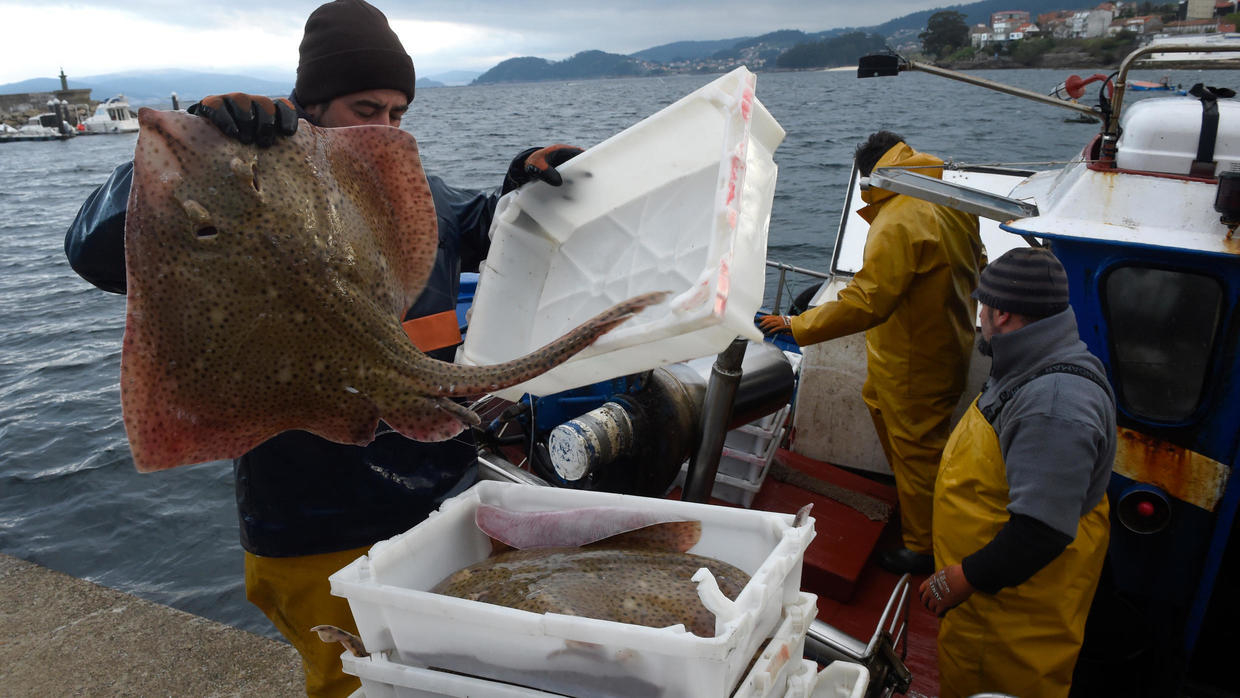
The eurozone economy suffered an "unprecedented" collapse according to the latest PMI index put out Thursday by analysis firm IHS Markit.
"The eurozone economy suffered the steepest falls in business activity and employment ever recorded during April as a result of measures taken to contain the coronavirus outbreak," it said.
The company's purchasing managers index (PMI) dived to a record low of 13.5 in April, from the previous all-time low of 29.7 in March, confirming private sector gloom that is savaging the 19-nation eurozone.
IHS Markit said the service sector bore the brunt of the hit, with hotels, restaurants and travel-related firms faring the worst.
Manufacturing, though, also saw a record fall because of staff and material shortages and severe supply chain disruptions.
Employment plummeted for the second month running -- "service sector jobs were slashed at the steepest rate yet witnessed by the survey, while the drop in manufacturing payrolls was the sharpest since April 2009."
Prices for services and goods fell at their fastest rate in a decade.
“The extent to which the PMI survey has shown business to have collapsed across the eurozone greatly exceeds anything ever seen before in over 20 years of data collection," IHS Markit's chief business economist Chris Williamson said.
"The ferocity of the slump has also surpassed that thought imaginable by most economists, the headline index falling far below consensus estimates."
- Indices dive for Germany, France -
The PMI output indices for the eurozone's two biggest economies, Germany and France, plummeted to 17.1 and 11.2 respectively -- far lower than the already dismal readings in March of 35.0 and 28.9.
Before the coronavirus impact, the lowest reading for the Markit PMI index -- which started two decades ago -- was during the global financial crisis when it reached 36.2 in February 2009.
Another firm, ING Economics, said the latest PMI results were "no surprise" given the depth and breadth of European lockdowns.
It added, though, that the reading "does not indicate how much worse" things have become since March, "which just means that we still don't really have a good grasp of the depth of this crisis".
It said the sharp price falls left "no doubt that this crisis is deflationary in the short-run," especially given the abrupt collapse in oil prices this month.
Tentative easings of lockdowns in eurozone countries could see the PMI tick higher in May, it said.AFP








































